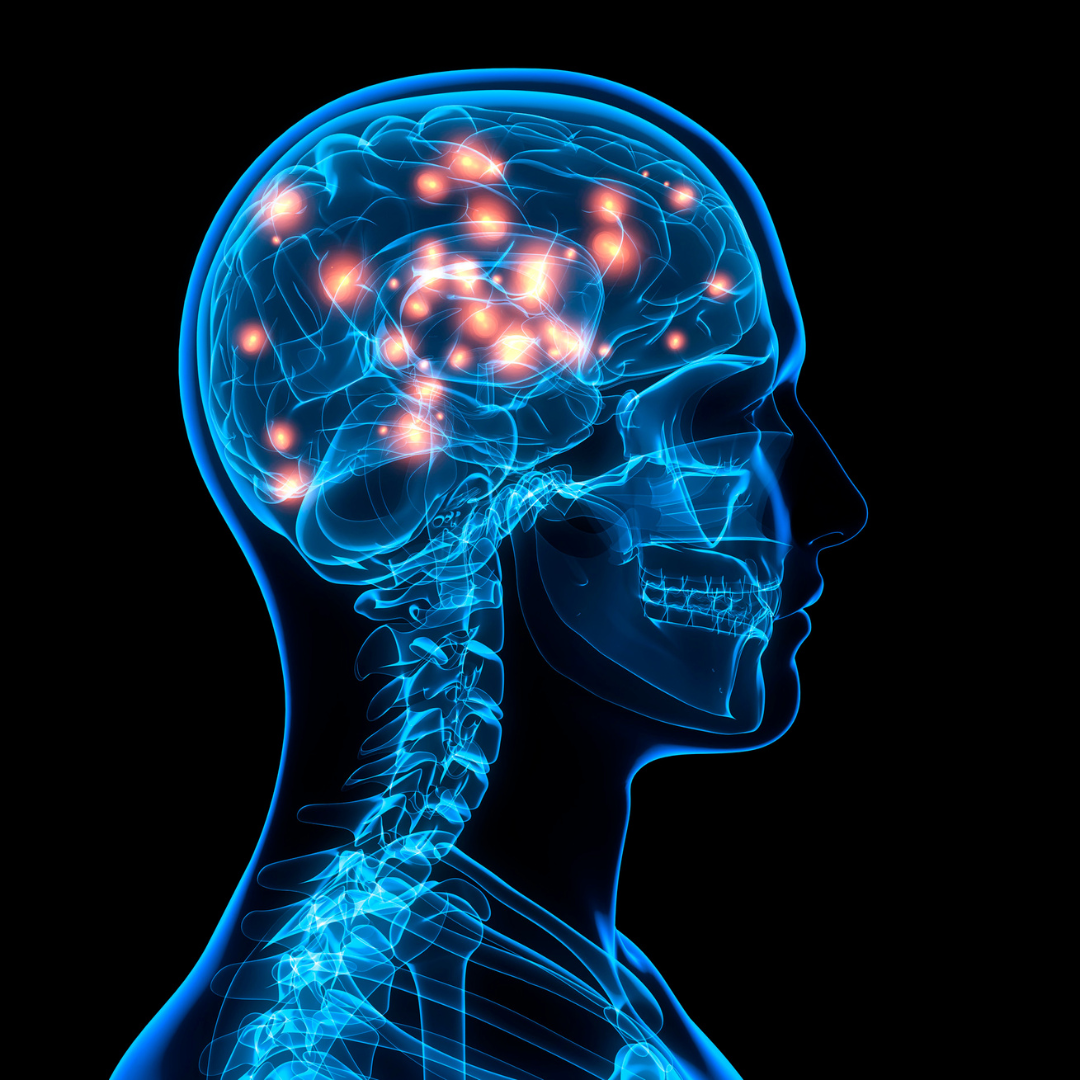The Brain’s Red Flags: Signs Your Mind Needs Medical Attention


Learn to recognize the brain’s early warning signs before serious illness strikes. A physician explains the key symptoms, underlying causes, and when to seek medical attention.
“The brain rarely suffers in silence — it speaks through symptoms. The tragedy lies in our failure to listen.”
The human brain — the most intricate organ of the body — governs not only how we think and feel but also how we move, speak, and live. Just as the body signals distress through pain, the brain too has its ways of asking for help. However, these signs are often ignored, misread as “stress,” “age,” or “overwork.” Recognizing these early red flags can prevent serious neurological or psychiatric conditions and, in many cases, save lives.
For General Readers
Our brain constantly sends subtle messages when it is under strain, inflamed, or malfunctioning.
Warning signs may appear as sudden changes in memory, speech, personality, sleep, emotions, or physical control.
If you or someone around you experiences:
• Persistent or severe new-onset headaches,
• Sudden confusion, memory lapses, or difficulty focusing,
• Unexplained mood swings or behavioral changes,
• Tremors, imbalance, or weakness on one side,
• Visual disturbances,
• Episodes of blackouts, fainting, or seizures,
then these are not to be taken lightly. They are the brain’s “SOS” signals — red flags indicating a possible underlying disorder such as stroke, infection, metabolic imbalance, tumor, or a mental health condition like depression or anxiety disorder.
For Medical Students
Understanding brain red flags requires appreciation of neuroanatomical localization and functional correlation.
A sudden speech disturbance may point to cortical involvement (Broca’s or Wernicke’s areas), while tremors or rigidity suggest basal ganglia pathology. Similarly, emotional instability or hallucinations may arise from dysfunction of limbic or frontal circuits.
Every symptom is a clue to where the lesion or dysfunction lies — vascular, infectious, metabolic, structural, or psychiatric. Students must learn to “map the symptom to the structure.”
Red flags in neurology and psychiatry overlap significantly, and one must always differentiate between organic and functional origins through detailed history, physical examination, and appropriate investigations.
For Young Doctors
The early years of clinical practice often expose doctors to patients presenting with vague or overlapping neurological symptoms — headaches, dizziness, confusion, or forgetfulness. The golden rule: never ignore a new or unexplained neurological complaint.
Always look for:
• Sudden onset: think vascular (stroke, hemorrhage).
• Progressive deterioration: think tumor, infection, or neurodegeneration.
• Fluctuating or reversible patterns: think metabolic or toxic causes.
• Associated systemic signs: fever, weight loss, endocrine symptoms.
Remember that psychiatric presentations may mask underlying brain pathology — for example, depression in early Parkinson’s disease, irritability in temporal lobe epilepsy, or psychosis in autoimmune encephalitis. Maintain a high index of suspicion and refer for neuroimaging or specialist review when in doubt.
For General Practitioners
In primary care, brain red flags often surface subtly — a “different” kind of headache, a normally calm person turning unusually irritable, or an elderly patient missing familiar routes home.
As the first point of contact, GPs play a crucial role in detecting these early warnings.
Key pointers for referral include:
• First-time seizure or unexplained blackout
• Sudden change in speech, gait, or balance
• New personality or behavioral shift
• Persistent headache not responding to usual therapy
• Memory loss interfering with daily activities
• Recurrent falls or coordination issues
Early neurological referral and timely imaging can make a life-saving difference.
Pathophysiology
The brain’s “red flags” emerge from disruptions in neuronal signaling, neurotransmitter balance, or structural integrity.
Common mechanisms include:
• Ischemia or hemorrhage: leading to focal deficits (e.g., stroke).
• Inflammation: as in encephalitis or autoimmune disorders.
• Degeneration: loss of neurons in Alzheimer’s, Parkinson’s, or Huntington’s disease.
• Metabolic or toxic effects: hypoglycemia, hepatic or renal encephalopathy, or drug toxicity.
• Increased intracranial pressure: from tumors or trauma, causing headache, vomiting, or papilledema.
• Neurochemical imbalance: in depression, anxiety, or psychosis.
Ultimately, every red flag represents a disturbance in the brain’s finely tuned circuitry, demanding prompt clinical evaluation.
When to See the Doctor
Seek medical attention immediately if you notice:
• Sudden loss of consciousness or seizure
• Slurred speech, facial droop, or limb weakness
• Severe, new-onset headache (“worst ever”)
• Double vision or loss of vision
• Confusion, disorientation, or hallucinations
• Loss of bladder or bowel control with neurological signs
Early diagnosis and intervention can prevent permanent brain damage and restore function in many cases.
The brain rarely suffers in silence — it speaks through symptoms. The tragedy lies in our failure to listen. Recognizing and acting upon these red flags bridges the gap between reversible dysfunction and irreversible damage. Whether the cause is neurological, psychiatric, or metabolic, timely medical attention can protect the most precious organ we possess — the mind itself.
Dos and Don’ts
Do:
• Take sudden behavioral, cognitive, or motor changes seriously.
• Encourage early medical evaluation and neuroimaging when needed.
• Maintain a healthy lifestyle — balanced diet, sleep hygiene, stress management.
• Support mental health with empathy and communication.
Don’t:
• Ignore persistent headaches or dizziness.
• Attribute every mental change to “age” or “stress.”
• Delay consultation hoping symptoms will fade.
• Self-medicate with sedatives or antidepressants without guidance.
FAQs
1. Can stress alone cause these symptoms?
Yes, stress can mimic some red flags, but a proper evaluation is essential to rule out neurological or metabolic causes.
2. Is memory loss always a sign of dementia?
No. It can result from depression, medication side effects, thyroid issues, or sleep deprivation. Early assessment helps identify reversible causes.
3. Are headaches a sign of brain tumor?
Only rarely. Most headaches are benign, but a new, persistent, or severe headache warrants evaluation.
4. Can psychiatric illness occur without a brain disease?
Yes, many psychiatric disorders are functional. However, underlying neurological causes must always be excluded first.
5. How often should one have a brain check-up?
There’s no fixed schedule. But after age 50 — or earlier if symptoms appear — periodic neurological assessments and brain imaging (if advised) are wise.
